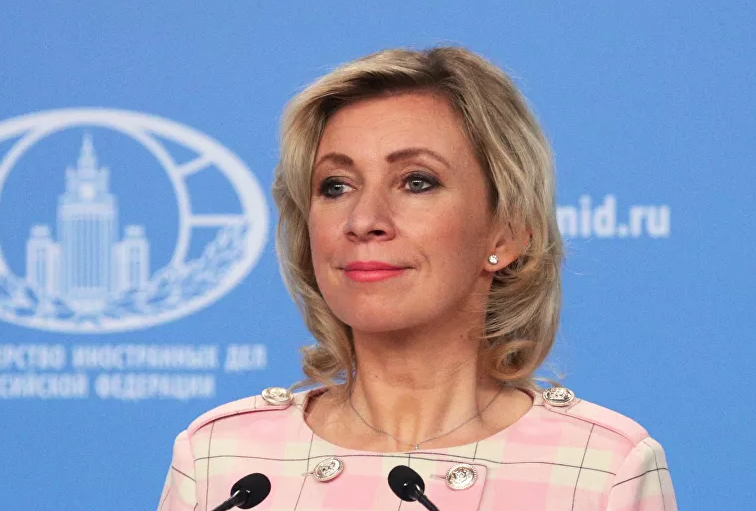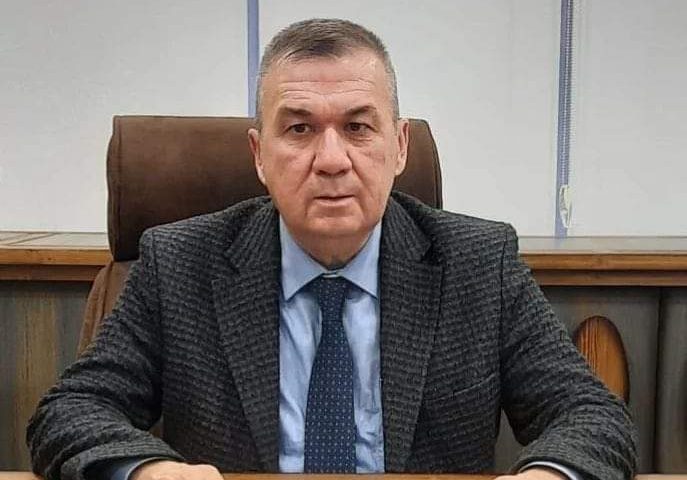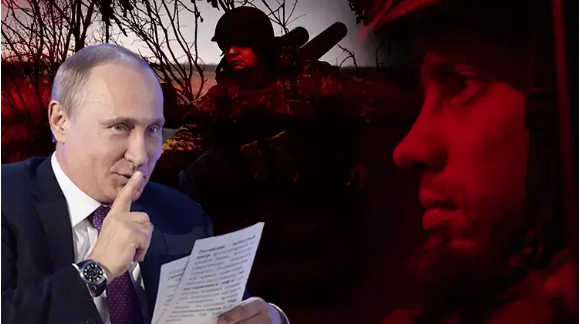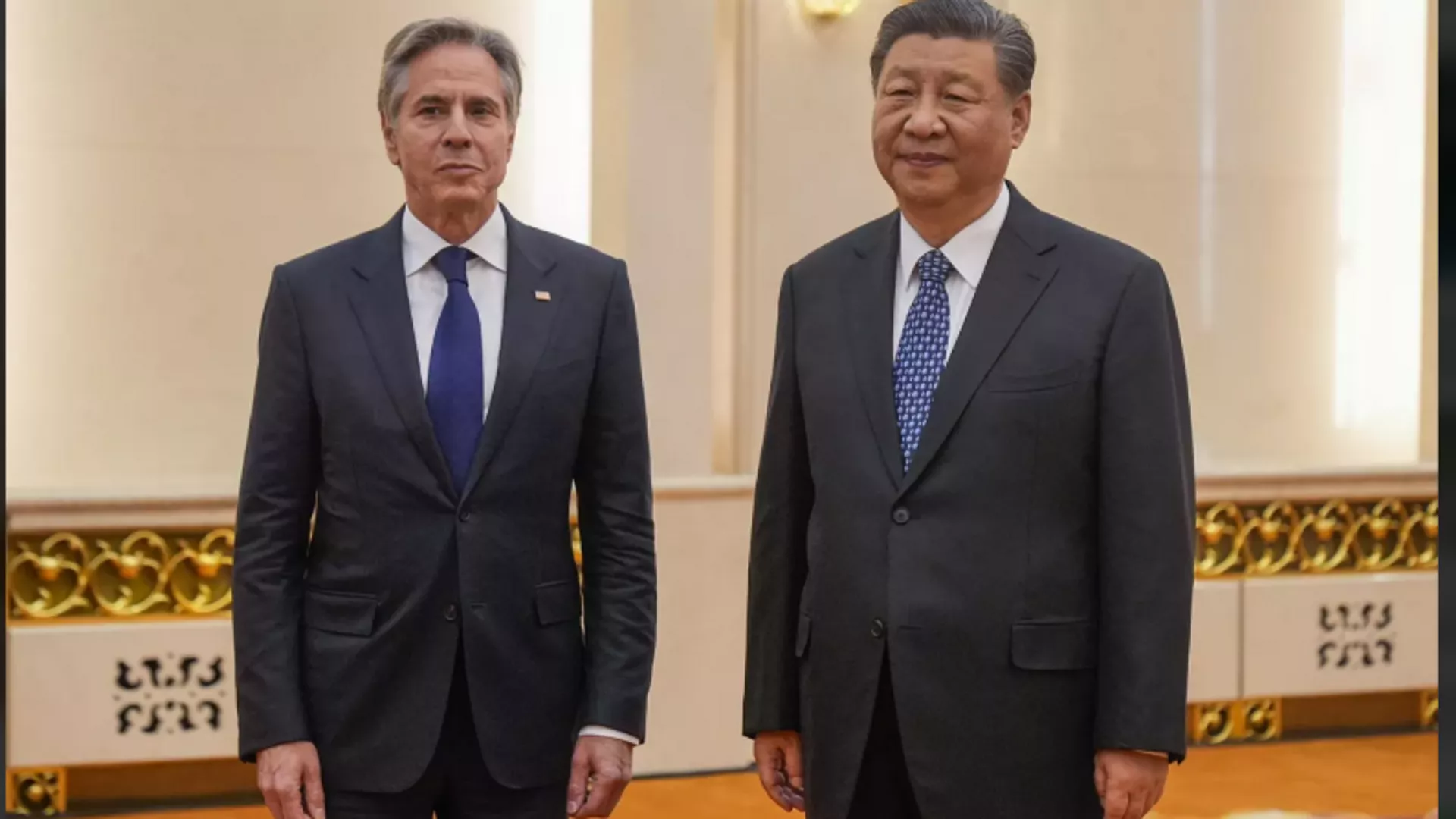Many from the oppressed nations massacred, displaced and dispossessed by Moscow formed volunteer battalions in the Ukrainian army. Chechens and Tatars, who were forcibly deported under Stalin in the 1940s, as well as Georgians, Russian exiles and a thousand-strong regiment of Belarusians opposed to Lukashenko took up arms for Ukraine.
There was an unusual element to a live-fire training exercise for new recruits held recently outside the Ukrainian capital Kiev. While a Ukrainian Army officer gave the orders, the trainees were some Crimean Tatars and members of a volunteer Chechen battalion. Although Ukrainian army commanders have long said they have no shortage of soldiers for war, they have welcomed thousands of volunteers, including foreign citizens, into their ranks.
According to the New York Times, many are refugees from Russia, such as Chechens. Others come from neighboring countries, such as Georgia, which has a history of rebellion against Moscow and the regime of Vladimir V. Putin. Muslim Madiyev, the gray-bearded deputy commander of the Chechen battalion, wearing ear defenders to muffle the gunfire as he watched the training exercises, said, “We saw what happened. There is no shortage of soldiers in Ukraine, but we have to join this war and be part of it.”
Many of the volunteers were already living in Ukraine, either for work or to seek refuge from political repression in their home countries. While some volunteers struggled with visas and residence permits, their willingness to join the fight raised suspicion among some Ukrainian officials and commanders on guard against saboteurs. But the volunteers seem to have found their place. Madiyev, a veteran of two wars against Moscow in Chechnya, was an associate of former Soviet general Jahar Dudayev, who led the struggle for independence from Russia in the 1990s.
Exiled from Chechnya, Madiyev settled in Ukraine in 2016. His battalion, named after the late Chechen leader, is one of several Chechen units that have joined Ukraine in its fight against Russia in recent years, following the 2014 uprising by Russian-backed separatists in eastern Ukraine and the annexation of Crimea. Madiyev refused to disclose how many active fighters he has, saying only, “We have enough.”
Like many Ukrainians, he said that if Moscow is not stopped in Ukraine, it will threaten many more countries in Europe. But the young fighters in his battalion are taking things further.
“Our goal is the liberation of the Chechen Republic of Ichkeria and to help all nations that want it gain freedom,” a Chechen fighter said. The Chechens are just one example of the many ethnic-based battalions and regiments that have formed in Ukraine since the Russian invasion last February. Fighters from Belarus have also formed a regiment of thousands.
Other volunteers come from the Caucasus and Central Asia, as well as from ethnic minorities with large populations in Russia:
Chechens, Tatars and Turkish-speaking groups. They are members of a Ukrainian military contingent that in October included Georgian volunteers in the Kherson region. Many are motivated by historic grievances about Moscow’s dispossession and repression.
Chechens and Tatars were among the many groups wiped out by forced deportations under Stalin in the 1940s. There is also a group of Russian exiles, including Russian nationalists and neo-Nazis opposed to Putin. A regiment of thousands of Belarusians includes many opponents of the country’s president, Alexander G. Lukashenko. The participation of these volunteers in the war may be beneficial for Ukraine, but it is also a potentially explosive issue for the Kiev government because many of them also harbor long-term political ambitions to return home and overthrow the Russian and Belarusian governments.
Ukrainian military officials refused to comment on their use of volunteer groups, while the spokesman for the Ukrainian security service, S.B.U., said he was not responsible for the management of these groups. But the volunteers themselves say they are acting under the full knowledge and orders of the Ukrainian Army and intelligence services.
In response to a call by Ukrainian president Volodymyr Zelensky early in the war, thousands of volunteers poured in from Western countries, including the US and the UK. Most joined the International Legion, recognized by the Ukrainian government and integrated to some extent with the Ukrainian Army.
At a press conference last month, Ukrainian defense minister Oleksii Reznikov said there are ideological and political benefits to having foreign troops fighting alongside Ukrainians to defend European values. “This is modern warfare, technology warfare, drone warfare and electronic warfare experience. So I think this is a win-win exchange,” he said.
But volunteers from the former Soviet republics can be even more useful in many ways. First of all, they have a linguistic advantage because most of them speak Russian and sometimes Ukrainian, which is widely spoken in Ukraine, making coordination with the Ukrainian army easier. Some, like a group of Georgians in the Kavkaz Legion, have combat experience, having served with the NATO-led force in Afghanistan.
Their knowledge of Russia and Russians and their hatred of Moscow make the volunteers good undercover agents for Kiev. Some Ukrainian officials and lawmakers have even expressed support for their cause. In October, for example, the Ukrainian Parliament passed a resolution recognizing the Chechen Republic of Ichkeria as a Russian-occupied territory.





